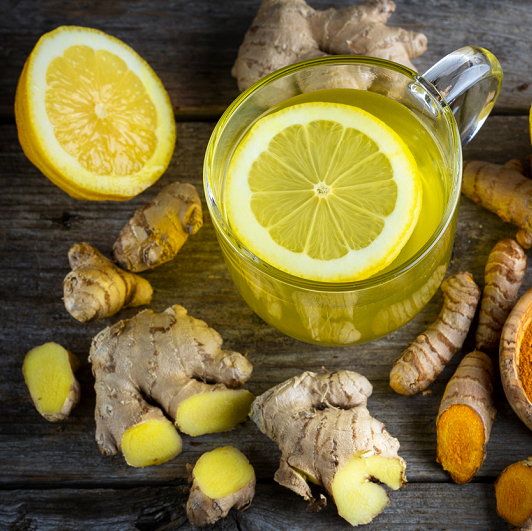Can Foods Help You Stay Hydrated?

April 29, 2024
Summer is around the corner, and as you hit the beach or partake in your favorite summer activities, it’s important to keep hydration in mind. But it’s not just liquids that can keep you hydrated—certain foods can also help.
Our expert, Robert Hildebrandt, RDN, CDCES, a dietitian with the Diabetes Management Center of Southern Ocean Medical Center provides tips for staying hydrated and what foods can help.
Why is hydration important?
“Hydration is key to brain health and function,” says Robert. It is also beneficial for skin health and can help you lose and manage your weight. Liquids like water are low-calorie and high-volume, so they fill you up.
Why are hydrating foods important?
Foods that can hydrate bring the added benefit of extra nutrients, such as vitamins and fiber.
“Most people lack fiber in their diet,” says Robert. Hydrating food can help you get that needed fiber, which can help lower cholesterol, balance blood sugar and help you stay full. Hydrating foods also come without the extra sugar you typically find in sports drinks.
What foods hydrate you?
Robert says some of the best foods for hydration are:
- Cucumbers
- Watermelons
- Strawberries
- Lettuce
- Oranges
- Grapefruits
Along with water content, “You need electrolytes such as potassium, sodium and magnesium to help you retain that water,” explains Robert. The good news is that there are several foods that supply electrolytes, including:
- Celery
- Spinach
- Almonds
- Salmon
So, as you head out for your favorite summer activity, consider swapping out the chips and sports drinks for a combination of hydrating and electrolyte foods.
How much water do you need, and how can you get more?
While the exact amount of hydration you need is based on your height and weight, Robert says 64 ounces is a standard number to aim for. If you are outside moving and sweating, increase that amount by 16 ounces per day.
Infusing your water with cucumbers or strawberries is a great way to enhance water’s flavor and entice you to drink the recommended amount. But it should be noted that while these ingredients increase flavor, they don’t increase the water’s nutritional value. Those vitamins and extra fiber only come from eating the food itself.
So as you get outside for exercise and fun in the sun, think twice before you grab that sports drink. That extra sugar consumption can negatively impact your overall health and diet. While those drinks can be ideal if you’re strenuously exercising or running a marathon, Robert reminds, “You don’t need them for a walk.”
Next Steps & Resources
- To make an appointment with a doctor near you, call 800-822-8905 or visit our website.
- Learn more about Gastroenterology and Nutrition at Hackensack Meridian Health.
The material provided through HealthU is intended to be used as general information only and should not replace the advice of your physician. Always consult your physician for individual care.






